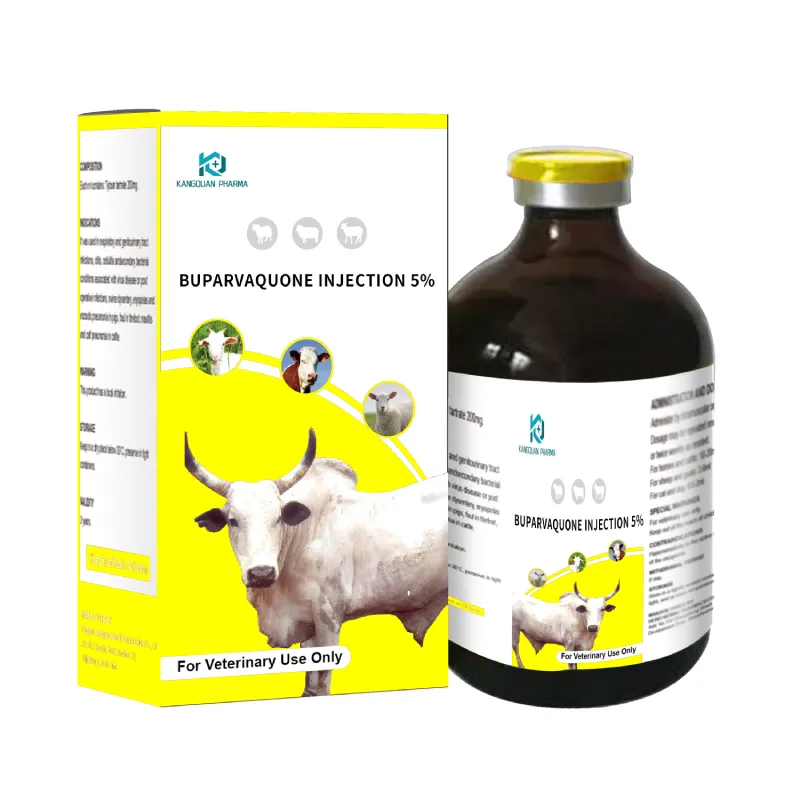- Afrikaans
- Albanian
- Amharic
- Arabic
- Armenian
- Azerbaijani
- Basque
- Belarusian
- Bengali
- Bosnian
- Bulgarian
- Catalan
- Cebuano
- Corsican
- Croatian
- Czech
- Danish
- Dutch
- English
- Esperanto
- Estonian
- Finnish
- French
- Frisian
- Galician
- Georgian
- German
- Greek
- Gujarati
- Haitian Creole
- hausa
- hawaiian
- Hebrew
- Hindi
- Miao
- Hungarian
- Icelandic
- igbo
- Indonesian
- irish
- Italian
- Japanese
- Javanese
- Kannada
- kazakh
- Khmer
- Rwandese
- Korean
- Kurdish
- Kyrgyz
- Lao
- Latin
- Latvian
- Lithuanian
- Luxembourgish
- Macedonian
- Malgashi
- Malay
- Malayalam
- Maltese
- Maori
- Marathi
- Mongolian
- Myanmar
- Nepali
- Norwegian
- Norwegian
- Occitan
- Pashto
- Persian
- Polish
- Portuguese
- Punjabi
- Romanian
- Russian
- Samoan
- Scottish Gaelic
- Serbian
- Sesotho
- Shona
- Sindhi
- Sinhala
- Slovak
- Slovenian
- Somali
- Spanish
- Sundanese
- Swahili
- Swedish
- Tagalog
- Tajik
- Tamil
- Tatar
- Telugu
- Thai
- Turkish
- Turkmen
- Ukrainian
- Urdu
- Uighur
- Uzbek
- Vietnamese
- Welsh
- Bantu
- Yiddish
- Yoruba
- Zulu
Pro . 09, 2024 20:11 Back to list
Exploring Doxycycline Hyclate as an Effective Treatment for Rosacea Symptoms and Management
Doxycycline Hyclate and Its Role in Managing Rosacea
Rosacea is a chronic inflammatory skin condition that primarily affects the face, leading to symptoms such as redness, flushing, visible blood vessels, and sometimes the development of acne-like breakouts. It can significantly impact an individual's quality of life, both physically and psychologically. Among the various treatments available, doxycycline hyclate has emerged as a noteworthy option for managing rosacea, especially in its inflammatory subtype.
Understanding Doxycycline Hyclate
Doxycycline hyclate is a broad-spectrum antibiotic that belongs to the tetracycline class. It is primarily used to treat bacterial infections but has gained attention for its anti-inflammatory properties, particularly in dermatological conditions. Unlike other antibiotics that primarily target bacteria, doxycycline exerts an additional effect by modulating the body's immune response, which is particularly beneficial in conditions characterized by inflammation.
Mechanism of Action
In the context of rosacea, doxycycline hyclate works through several mechanisms. First, it reduces the production of inflammatory mediators, such as cytokines, that can exacerbate skin irritation and flushing. Second, it inhibits the activity of matrix metalloproteinases, enzymes that break down collagen and other structural proteins in the skin, helping to prevent tissue damage and maintain skin integrity. Lastly, doxycycline may also help to decrease the population of certain skin-dwelling bacteria that can contribute to the inflammatory process.
Clinical Efficacy
Numerous studies have explored the effectiveness of doxycycline hyclate in treating rosacea. Clinical trials have shown that it can lead to significant reductions in both the severity and frequency of rosacea flare-ups. Patients often report an improvement in symptoms, including reduced redness and fewer papules and pustules. A common dosage for managing rosacea is a low-dose regimen, typically around 40 mg taken once daily. This low dosage helps to minimize potential side effects while still harnessing the medication's anti-inflammatory properties.
doxycycline hyclate and rosacea

Advantages of Doxycycline Hyclate
One of the main advantages of using doxycycline hyclate for rosacea is its dual action as both an antibiotic and an anti-inflammatory agent. This duality can provide comprehensive symptom relief, addressing both the bacterial and inflammatory components of the disease. Additionally, doxycycline is generally well-tolerated, making it a suitable option for many patients who are seeking effective treatment without the risk of significant side effects associated with stronger medications.
Safety and Side Effects
While doxycycline hyclate is considered safe for most individuals, it is essential to be aware of potential side effects. Common side effects include gastrointestinal issues, such as nausea and diarrhea, and photosensitivity, which can make the skin more susceptible to sunburn. Patients are often advised to use sun protection while undergoing treatment. It is also important for individuals to disclose their full medical history to their healthcare provider, as doxycycline may not be suitable for everyone, including pregnant or breastfeeding women and those with certain health conditions.
Long-Term Management of Rosacea
Rosacea is a chronic condition that often requires long-term management strategies. While doxycycline hyclate can be an effective part of treatment, it is frequently used in conjunction with topical treatments and lifestyle modifications to achieve optimal results. Topical medications such as metronidazole or azelaic acid may be prescribed alongside doxycycline to enhance the overall treatment effect. Lifestyle changes, such as avoiding known triggers (e.g., spicy foods, alcohol, extreme temperatures), can also play a critical role in managing flare-ups.
Conclusion
Doxycycline hyclate represents a valuable addition to the therapeutic arsenal for managing rosacea. Its unique mechanism of action and demonstrated efficacy make it a preferred choice for many dermatologists. By alleviating both the inflammatory and bacterial aspects of the condition, doxycycline hyclate can significantly improve the quality of life for individuals struggling with rosacea. However, as with any medication, it is crucial for patients to work closely with their healthcare providers to develop a tailored treatment plan that addresses their specific needs and circumstances. With proper management, many individuals with rosacea can achieve clearer skin and regain confidence in their appearance.
-
Guide to Oxytetracycline Injection
NewsMar.27,2025
-
Guide to Colistin Sulphate
NewsMar.27,2025
-
Gentamicin Sulfate: Uses, Price, And Key Information
NewsMar.27,2025
-
Enrofloxacin Injection: Uses, Price, And Supplier Information
NewsMar.27,2025
-
Dexamethasone Sodium Phosphate Injection: Uses, Price, And Key Information
NewsMar.27,2025
-
Albendazole Tablet: Uses, Dosage, Cost, And Key Information
NewsMar.27,2025













